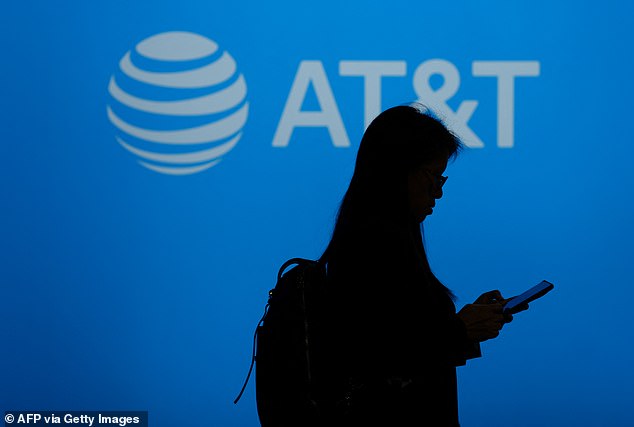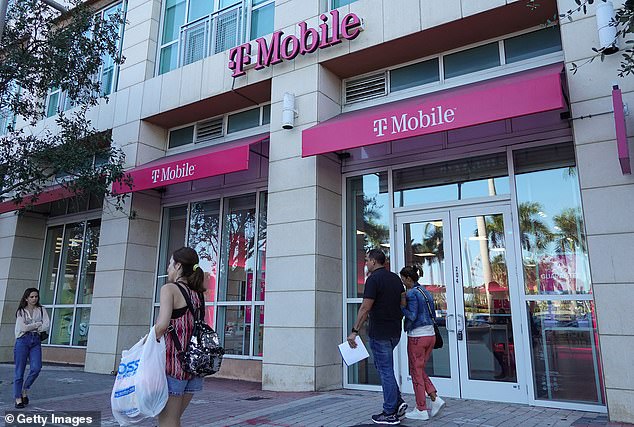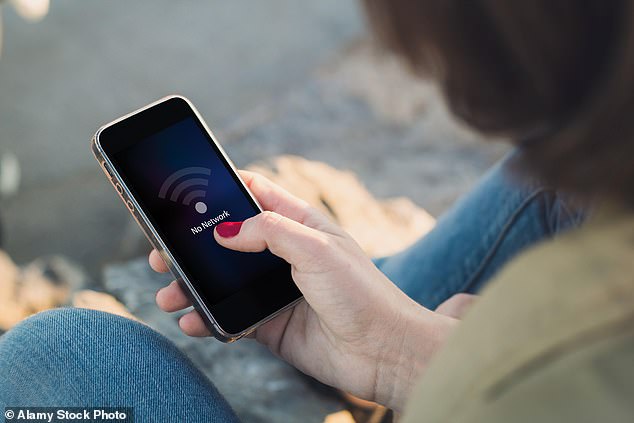Table of Contents
Americans are bracing for major power outages as Hurricane Debby moves up the East Coast this week.
The Category 1 storm made landfall on the Gulf Coast on Monday, leaving nearly 200,000 residents in Florida and Georgia without power.
While downed power lines often leave users without connection, Major wireless telephone operators, including Verizon, AT&T and Spectrum, have options to get users back online.
The best method might be a smartphone hotspot, which can be used to broadcast WiFi to other connected devices, but businesses should take extra precautions in case the East Coast is hit harder than expected.
Hurricane Debby, a Category 1 hurricane, made landfall on the Gulf Coast on Monday, leaving nearly 200,000 residents in Florida and Georgia without power.
Hurricane Debby has since been downgraded to a tropical storm, but it could still bring heavy rains and sustained winds of up to 73 miles per hour, which are expected to reach eastern North Carolina and Virginia and last through Thursday night.
Wind gusts exceeding 40 miles per hour can cause severe flooding, topple trees and cause power outages, but these four cell phone companies have taken steps to keep you online.
Verizon Customers
Verizon customers who want to get ahead of the game can purchase a hotspot device for a one-time payment of $79.99 or $2.22 per month for 36 months, which will provide them with unlimited WiFi.
The company’s cell sites are equipped with generators and backup batteries that will allow the Orbic Speed mobile hotspot to provide a connection even after the main power lines to your home are interrupted.
Phones with existing hotspots can also be used to connect tablets and laptops to the web as long as Verizon cell sites remain up and running.
AT&T Customers
Similar to Verizon, AT&T customers can also use their wireless device or hotspot to connect to the Internet as long as the company’s regional networks remain up and running.

AT&T customers can use hotspot data on their device instead of WiFi in the event of a power outage.
AT&T prepares its networks by first testing high-capacity backup batteries at its cell sites and deploying generators to areas that might be in danger of losing power so they can kick in immediately if the system fails.
In 2018, the company went so far as to deploy cargo trucks carrying Wi-Fi connectivity to the Raleigh area when Hurricane Florence hit, as well as restore its cell towers when the weather permitted.
Spectrum Customers
Spectrum offers customers on Unlimited and Unlimited Plus mobile plans the option of a mobile hotspot.
Once five to ten gigabytes of data are used, your Internet speed is reduced from one gigabit per second (Gbps) to 600 kilobits per second (Kbps) for the duration of your billing cycle.
Similarly, these plans offer unlimited talk, text, and data, but once they reach 30 or 50 gigabytes respectively, speeds will also drop to 600 Kbps.

T-Mobile offers backup technology such as generators and batteries at its cell towers to keep customers connected.
T-Mobile Customers
T-Mobile said it is preparing for major storm-related power outages by adding backup power technology such as generators and batteries at its cell towers to keep data running for its nearly 60 million customers.
The company is also offering 50 gigabytes of high-speed mobile and hotspot data to customers who subscribe to the Go5G Next and Go 5G Plus plans.
However, after reaching 15 gigabytes of hotspot data, the Internet speed will drop from 256 Kbps to 128 Kbps.
Customers can also purchase a rechargeable hotspot device for $198 that can be used to connect all devices including phones, laptops and tablets to the Internet.

